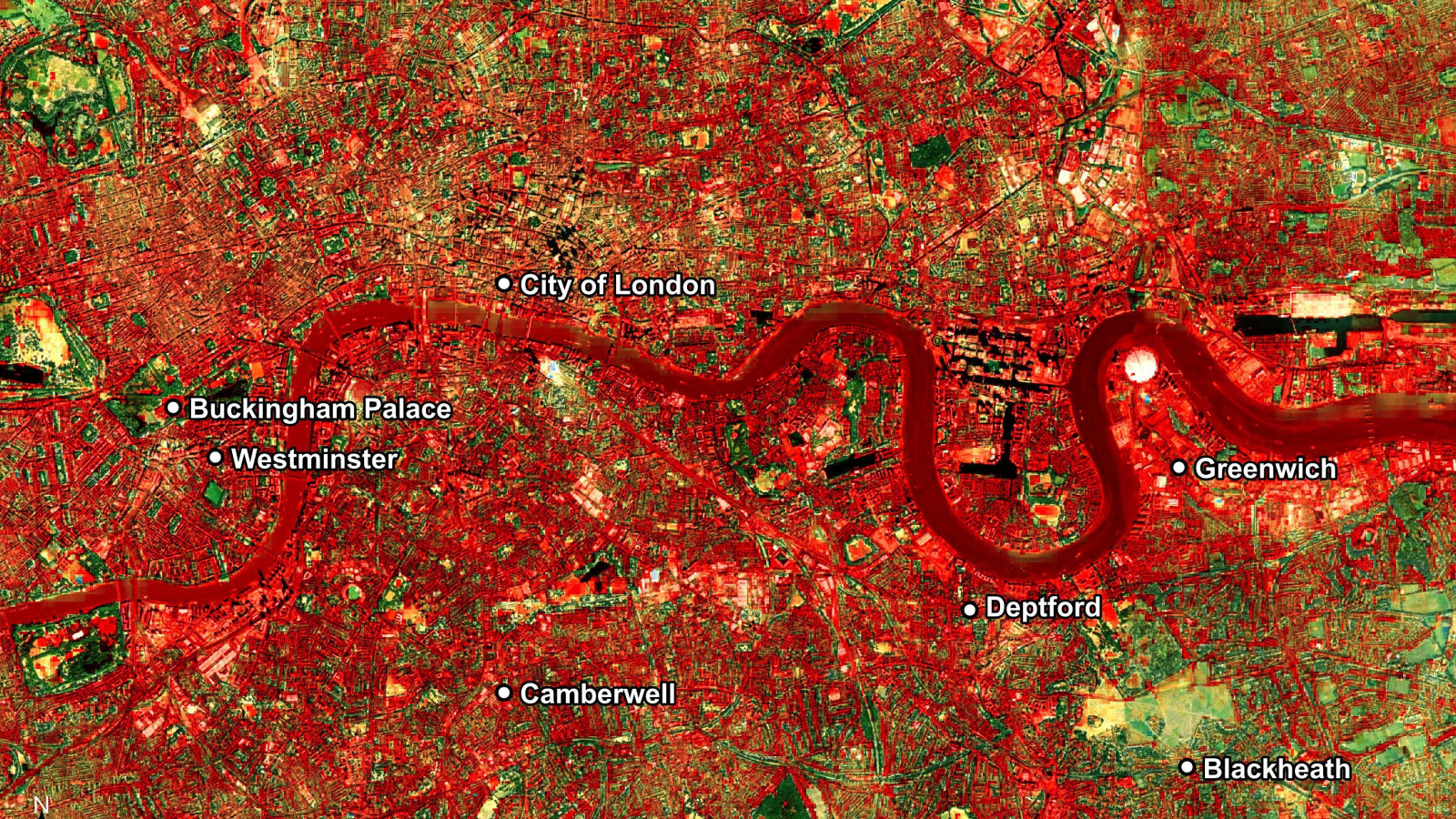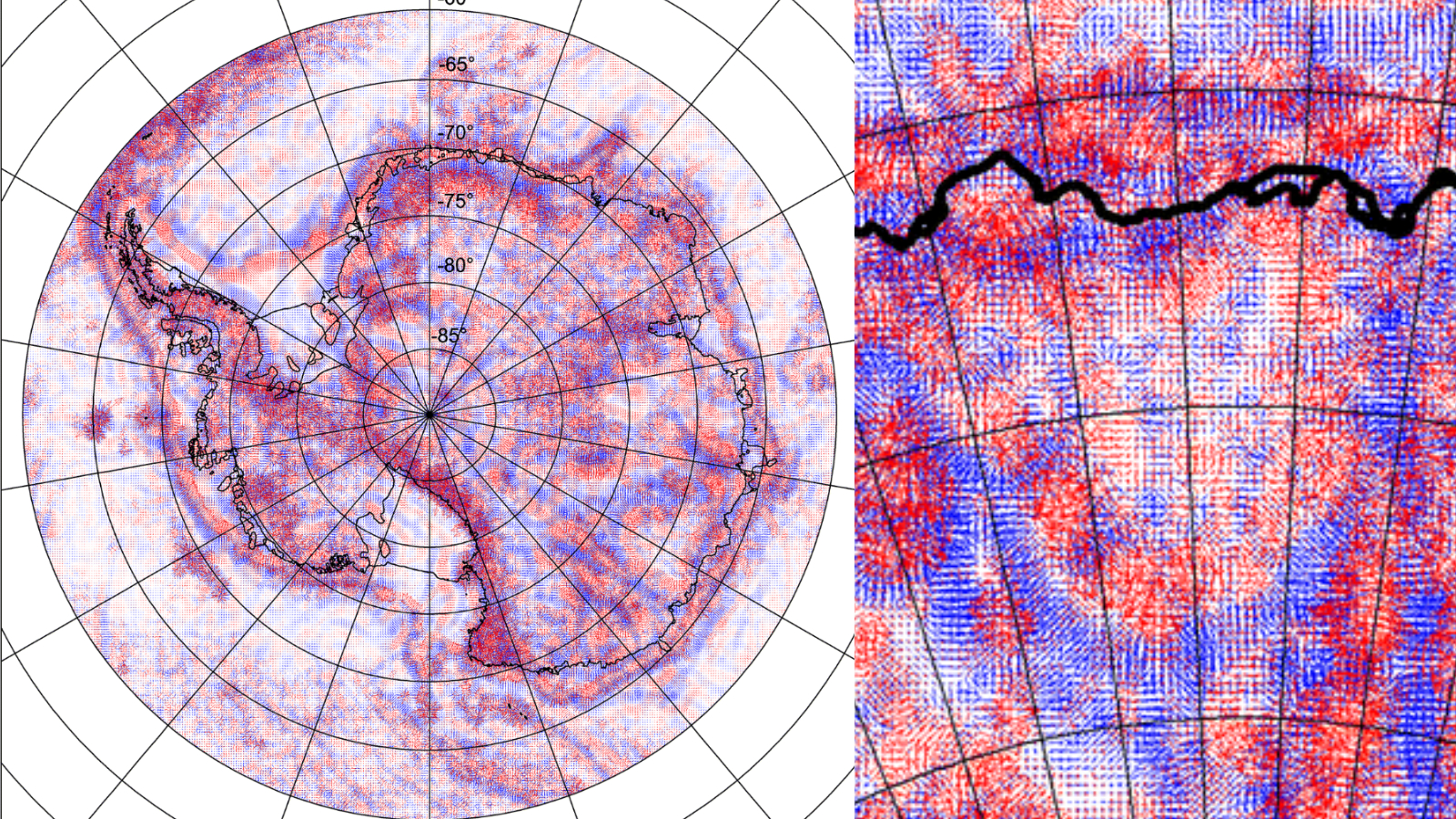
Hannah Osborne
Hannah Osborne is the planet Earth and animals editor at Live Science. Prior to Live Science, she worked for several years at Newsweek as the science editor. Before this she was science editor at International Business Times U.K. Hannah holds a master's in journalism from Goldsmith's, University of London.
Latest articles by Hannah Osborne

Invisible DNA lurks everywhere in the environment — and we're on the verge of decoding its secrets
By Hannah Osborne published
Environments are littered with the DNA of the creatures that inhabit them. Analyzing it could provide a real-time view of how our planet is changing.
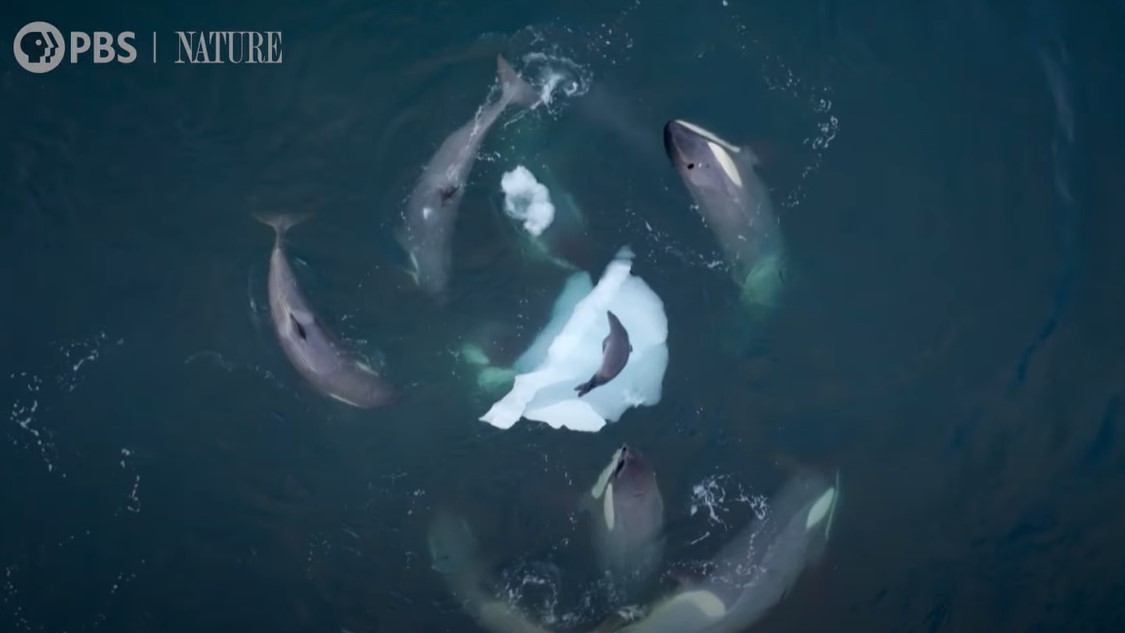
Orcas off Antarctica filmed teaching calves to hunt in incredible new footage
By Hannah Osborne published
The adult orcas swam around the ice demonstrating how to pull a seal off by its tail.
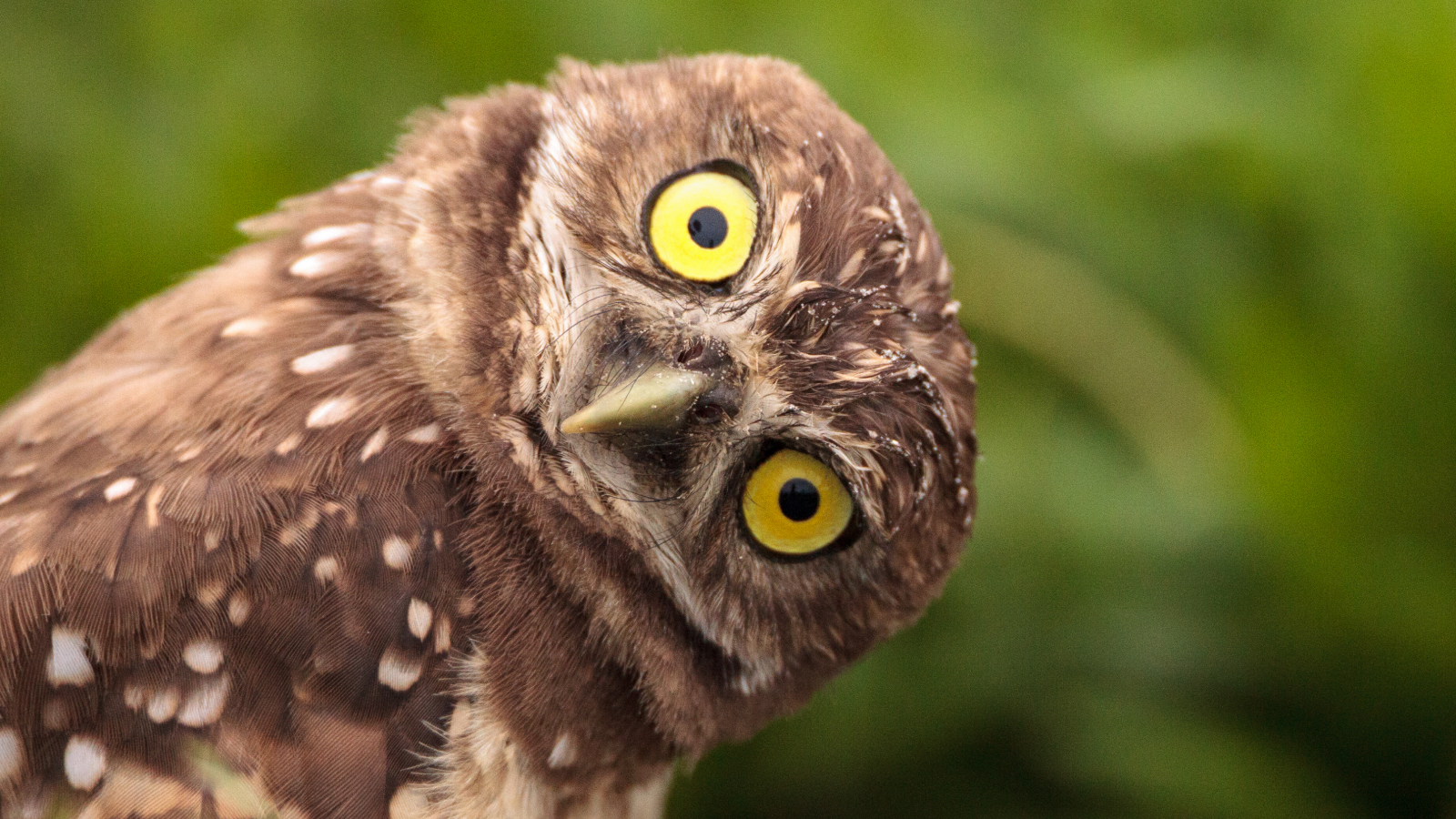
Animal quiz: Test yourself on these fun animal trivia questions
By Hannah Osborne published
How much do you know about the animals we share the planet with? Take our quiz to find out!
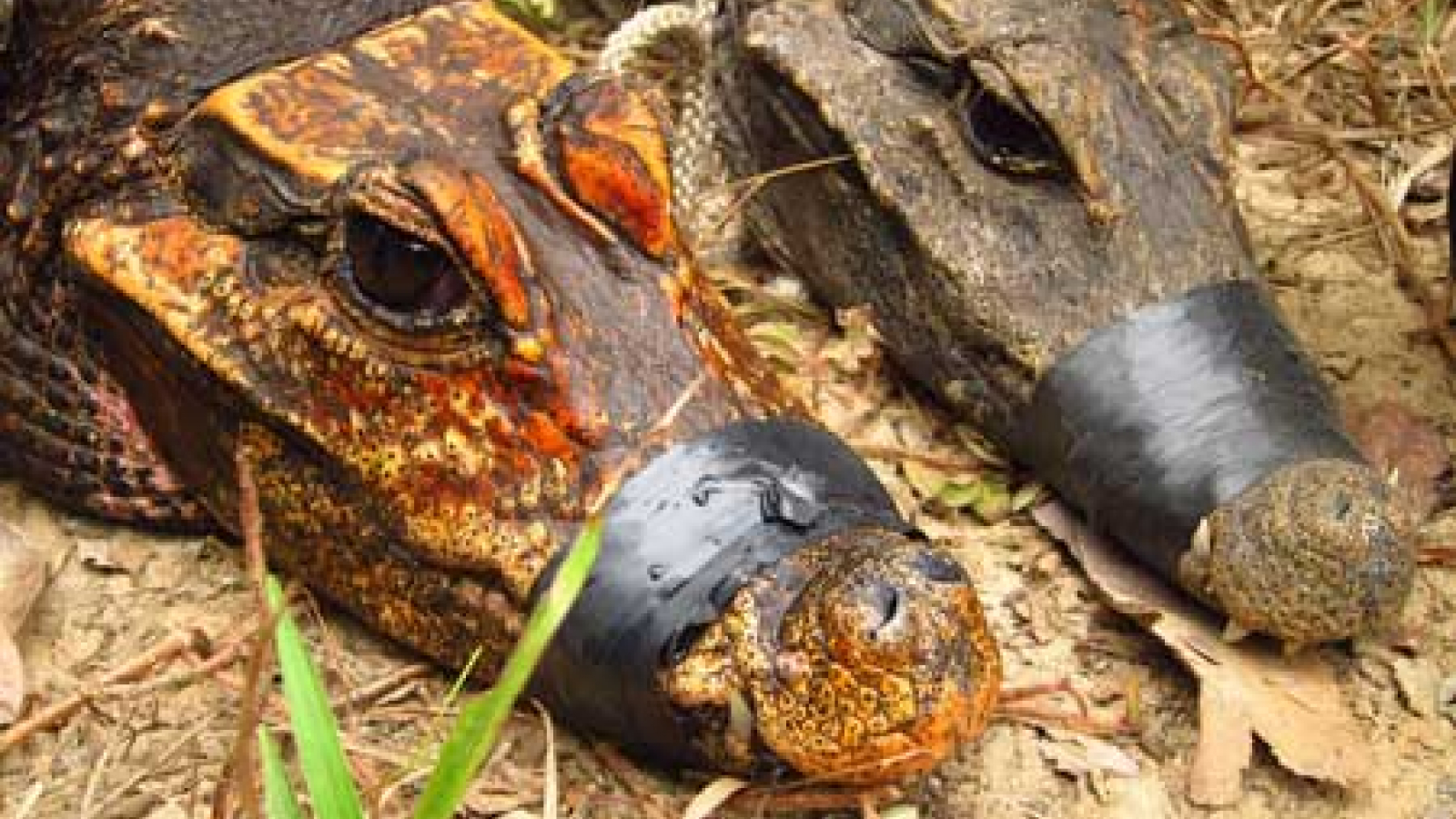
Orange dwarf cave crocodiles: The crocs that crawled into a cave, ate bats, and started mutating into a new species
By Hannah Osborne published
The skin of dwarf crocodiles found living in a cave in Gabon is turning orange from swimming in guano. It's unclear how long they've been down there, but genetic research indicates they may be morphing into a new species.

Earth news quiz 2024: Test yourself on this year's biggest stories about our planet
By Hannah Osborne published
How much do you remember about planet Earth in the news over the last 12 months? Take our quiz to find out!

Climate change is the worst. Here's just how bad it got this year.
By Hannah Osborne published
The big news in Earth science this year was all about climate change, with extreme weather, flooding and drought attributed to warming. Scientists also warned about much worse to come if we don't rein in carbon emissions.
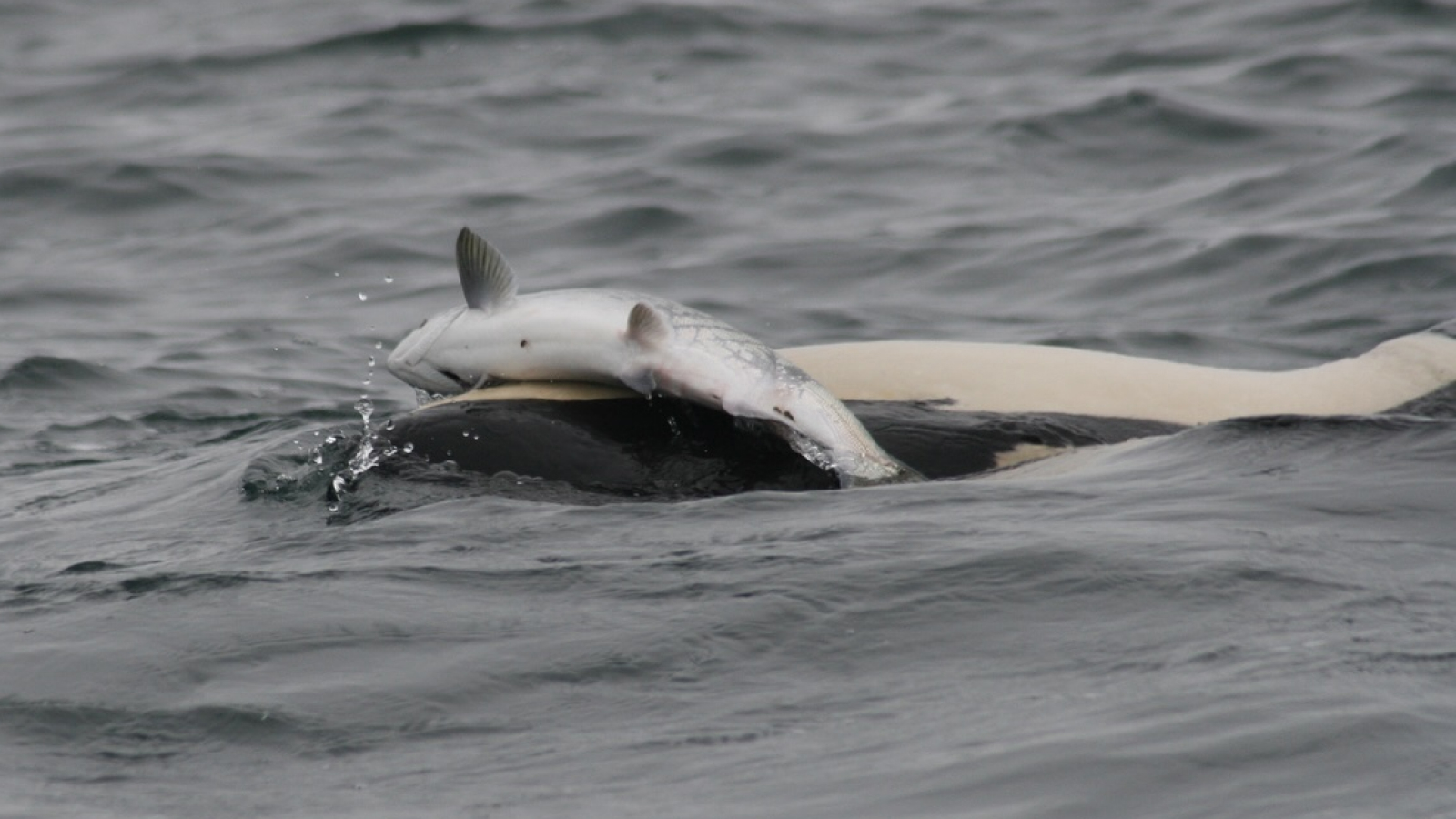
From orcas with salmon hats to the resurrection of the mammoths — this year in animal news
By Hannah Osborne published
There were sharks eating sharks, snakes eating snakes, and ants chopping each other's legs off. Here is a roundup of some of the best animal news stories from 2024.
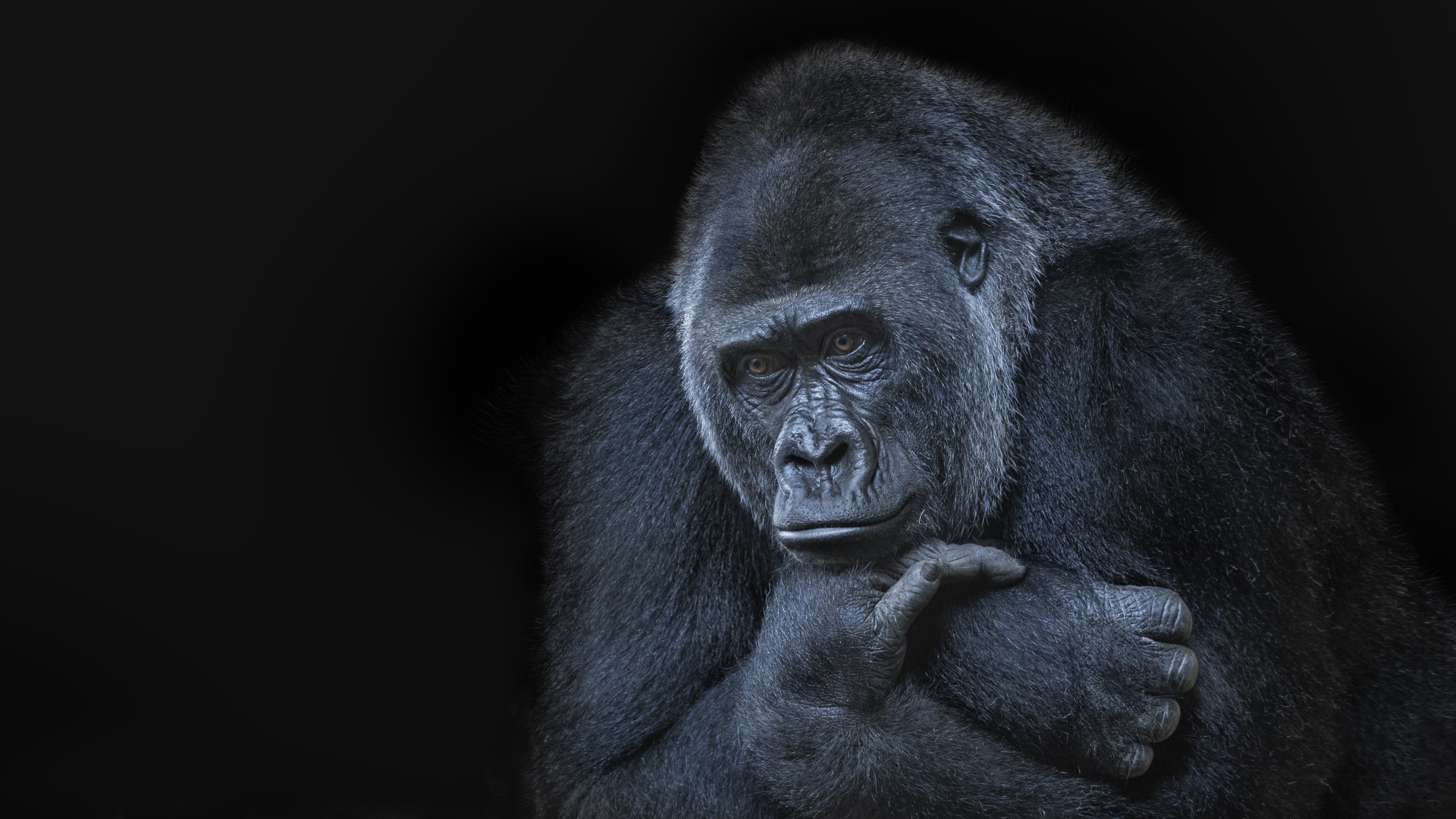
Weirdest animal news of 2024: Quiz yourself on this year's most bizarre animals antics
By Hannah Osborne published
From angry dolphins and snakes taking faking their deaths to the next level, to a frog who had just had enough. Take our quiz on the strangest animal news of 2024.
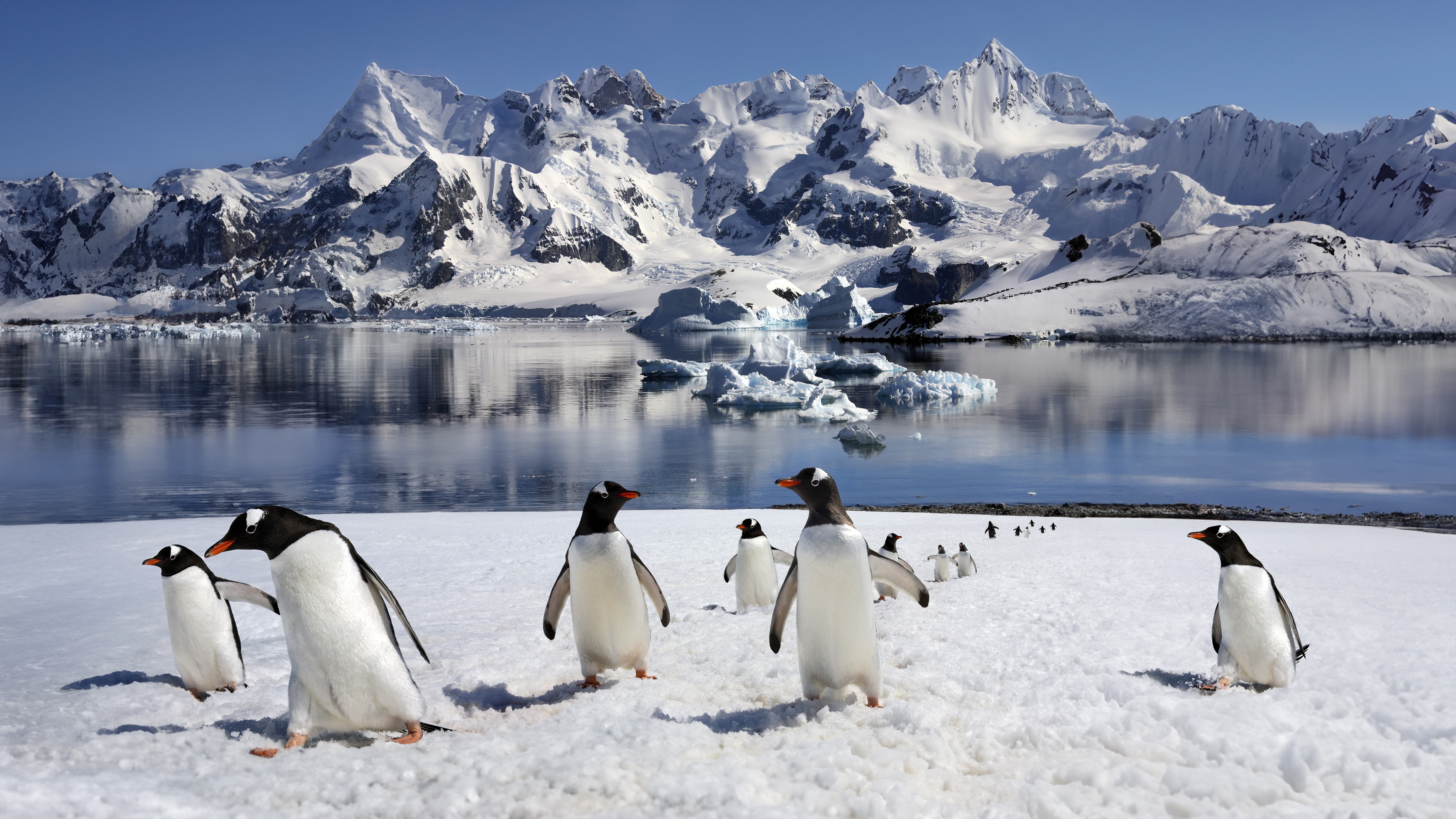
Antarctica quiz: Test your knowledge on Earth's frozen continent
By Hannah Osborne published
Quiz How much do you know about Antarctica? Take our science quiz to see if you'll freeze up or be as cool as a cucumber.
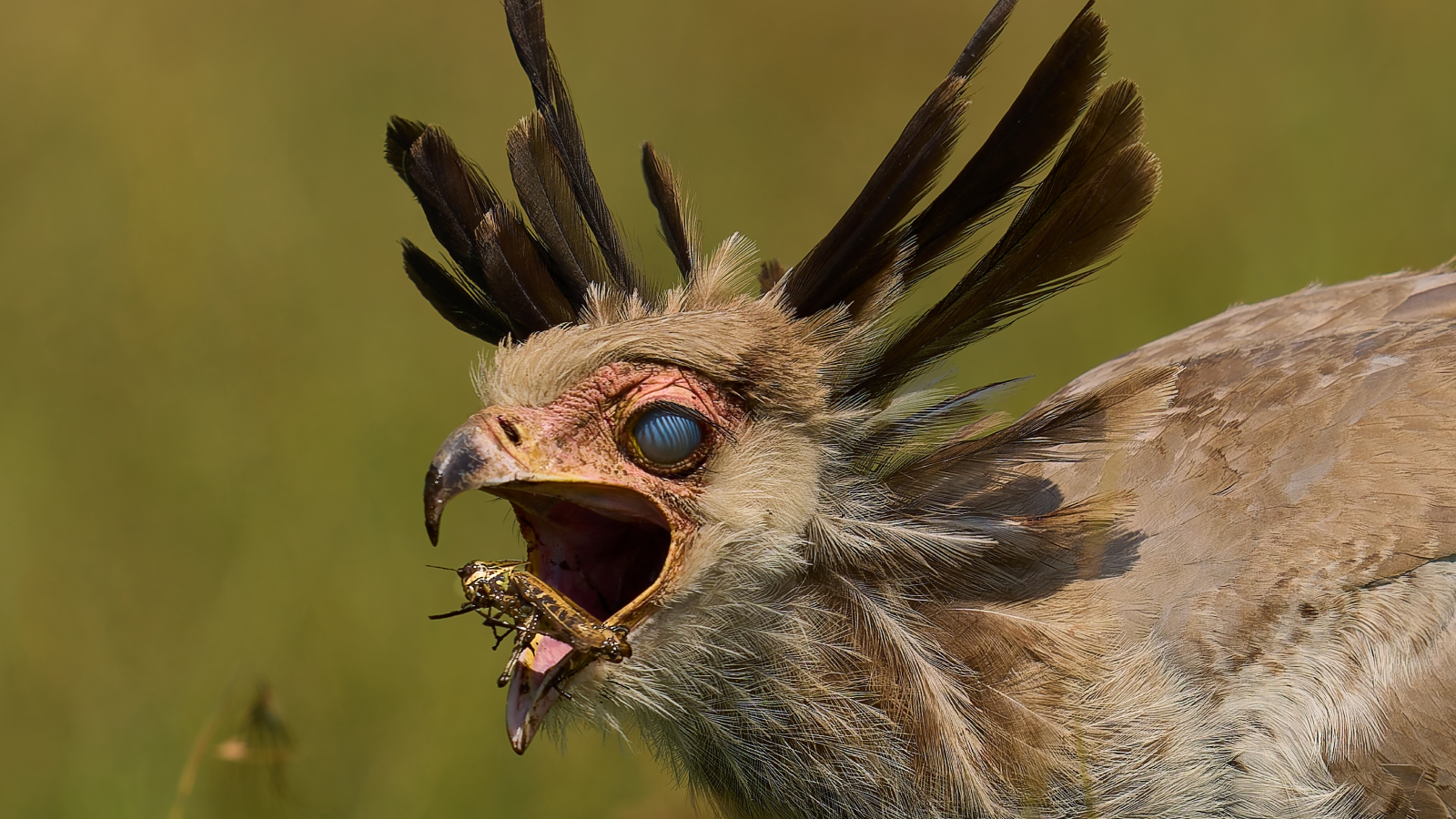
Weird photo captures secretary bird's third eyelid as it catches locust midflight
By Hannah Osborne published
The secretary bird photograph was among the winners of the 2024 Royal Society Publishing Photography Prize.

Equator quiz: Can you name the 13 countries that sit on Earth's central line?
By Hannah Osborne published
Quiz There are 13 countries that sit on Earth's equator. Can you get them all in 5 minutes? If so, how fast can you do it?
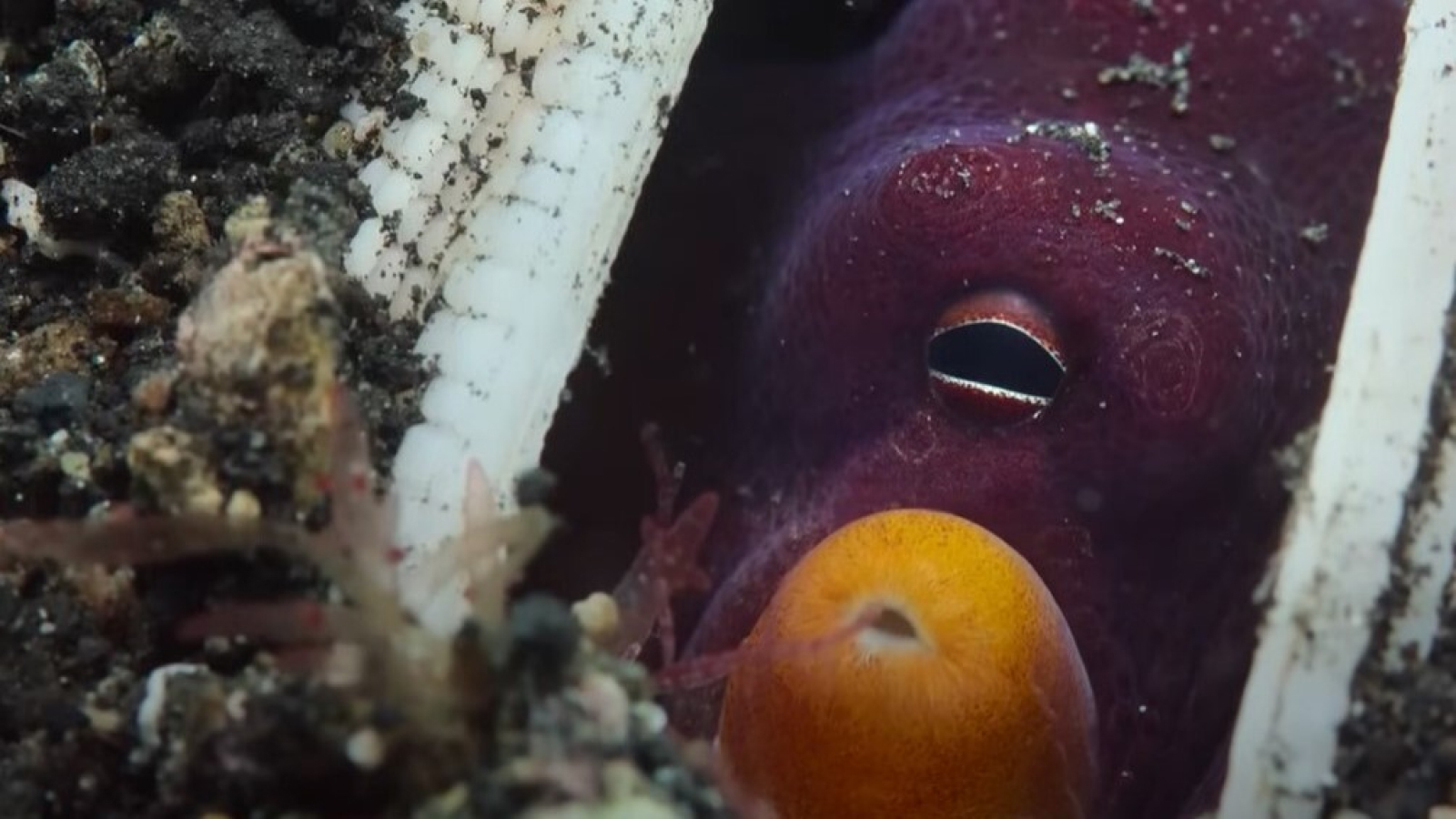
'She turns her siphon into a gun': Watch coconut octopus firing stones at fish in world-1st footage
By Hannah Osborne published
Octopus filmed firing stones from her siphon from inside a clam shell like a sniper in never-before-seen behavior captured for the Netflix series Our Oceans.

US volcano quiz: How many can you name in 10 minutes?
By Hannah Osborne published
Quiz How many of the 160 named volcanoes in the U.S. and territories do you know? If you live in Alaska you have a big advantage.
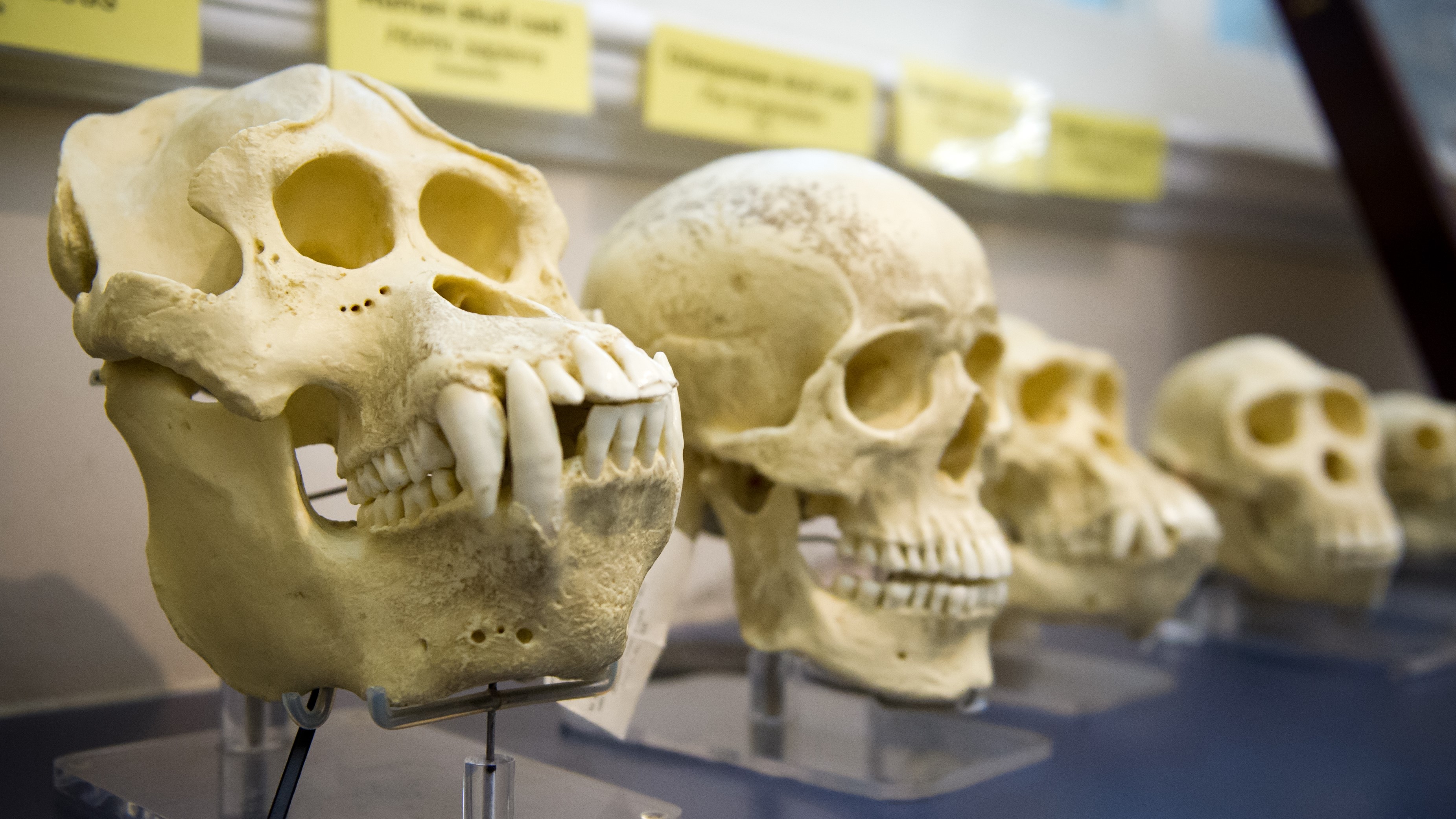
Evolution quiz: Can you naturally select the correct answers?
By Hannah Osborne published
How much do you know about evolution? Take this quiz to find out.
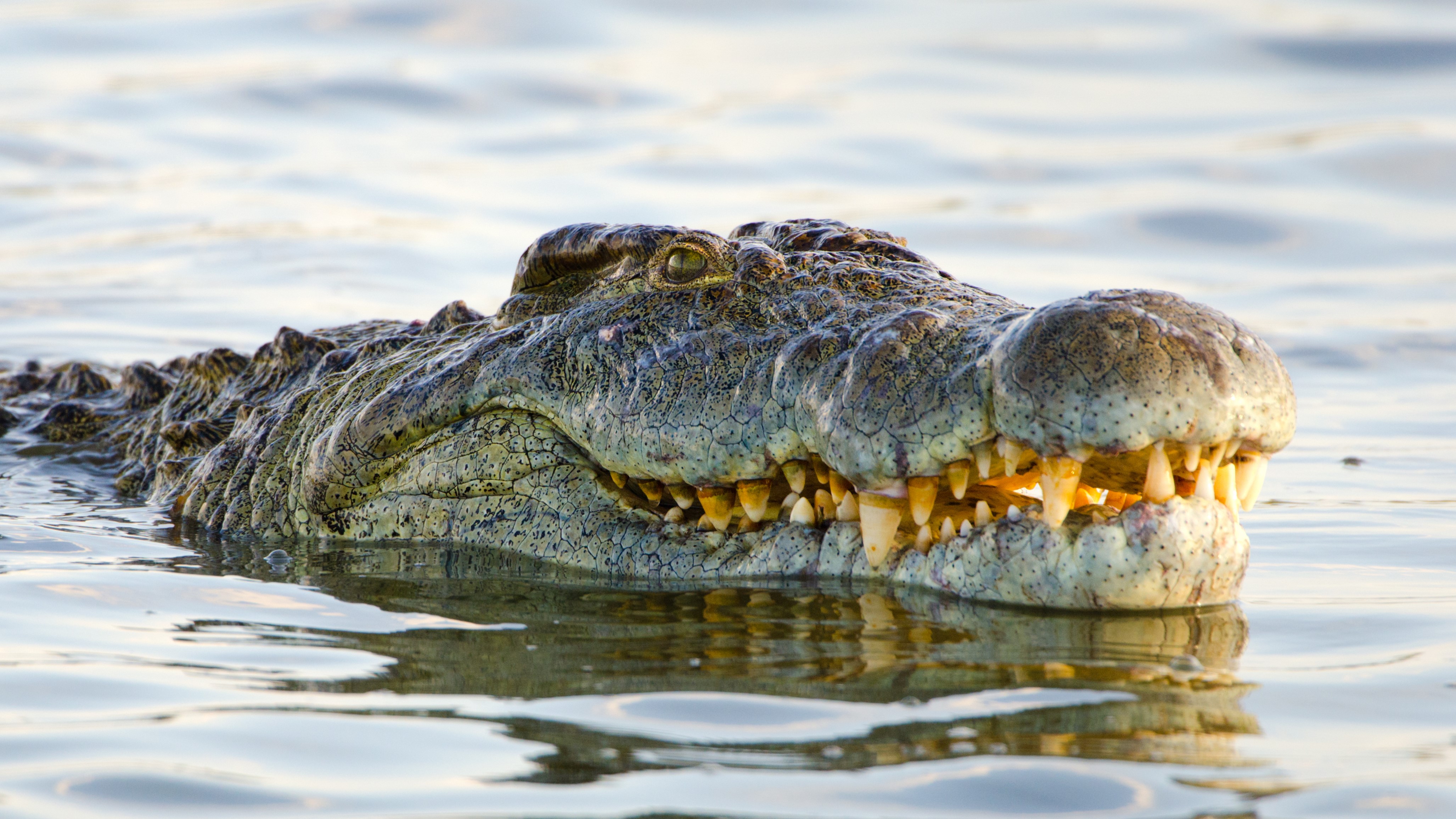
Crocodile quiz: Test your knowledge on the prehistoric predators
By Hannah Osborne published
The Nile crocodile is one of the largest predators in Africa.
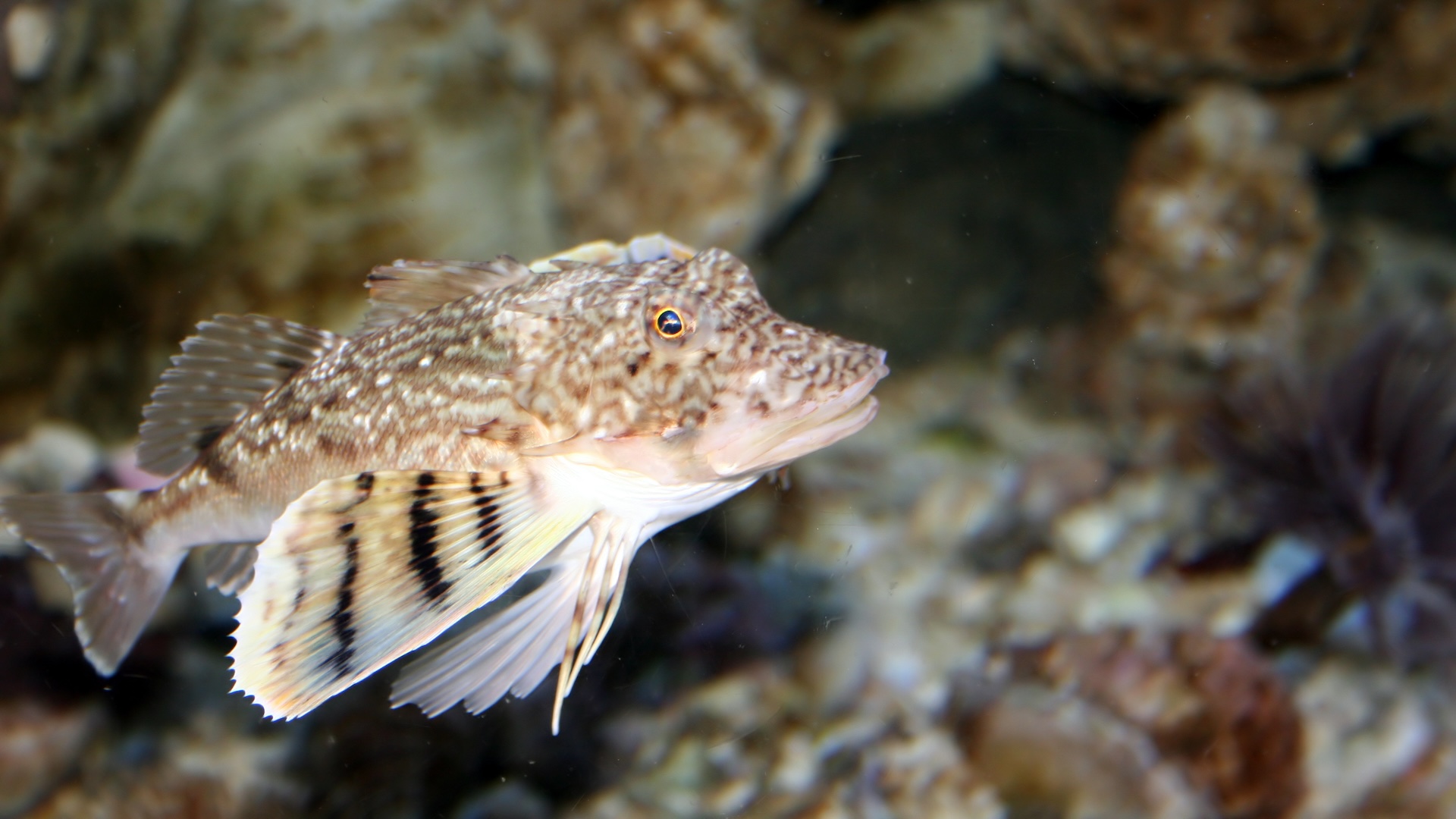
Northern sea robin: The bizarre fish with crab legs it uses to taste the seafloor
By Hannah Osborne published
The northern sea robin is a strange-looking fish with legs that it uses to "taste" the seafloor.
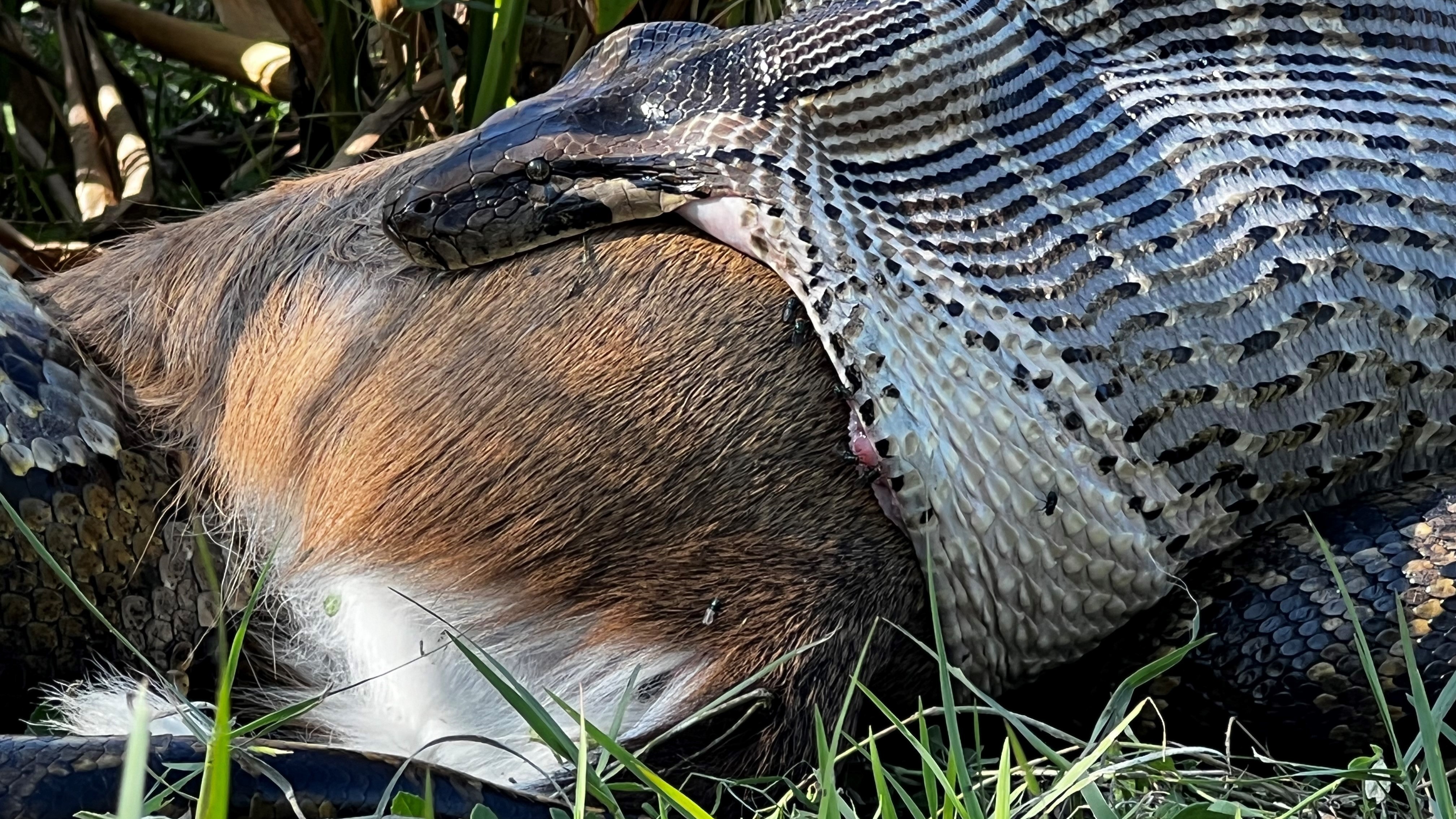
'Truly primal': Watch Burmese python swallow deer whole in Florida Everglades by stretching its mouth to the absolute limit
By Hannah Osborne published
Female Burmese python measuring 14.8’ (4.5m) and weighing 115.2 lbs (52.3 kg) consuming a white-tailed deer weighing 76.9 lbs (34.9 kg) in southwestern Florida.
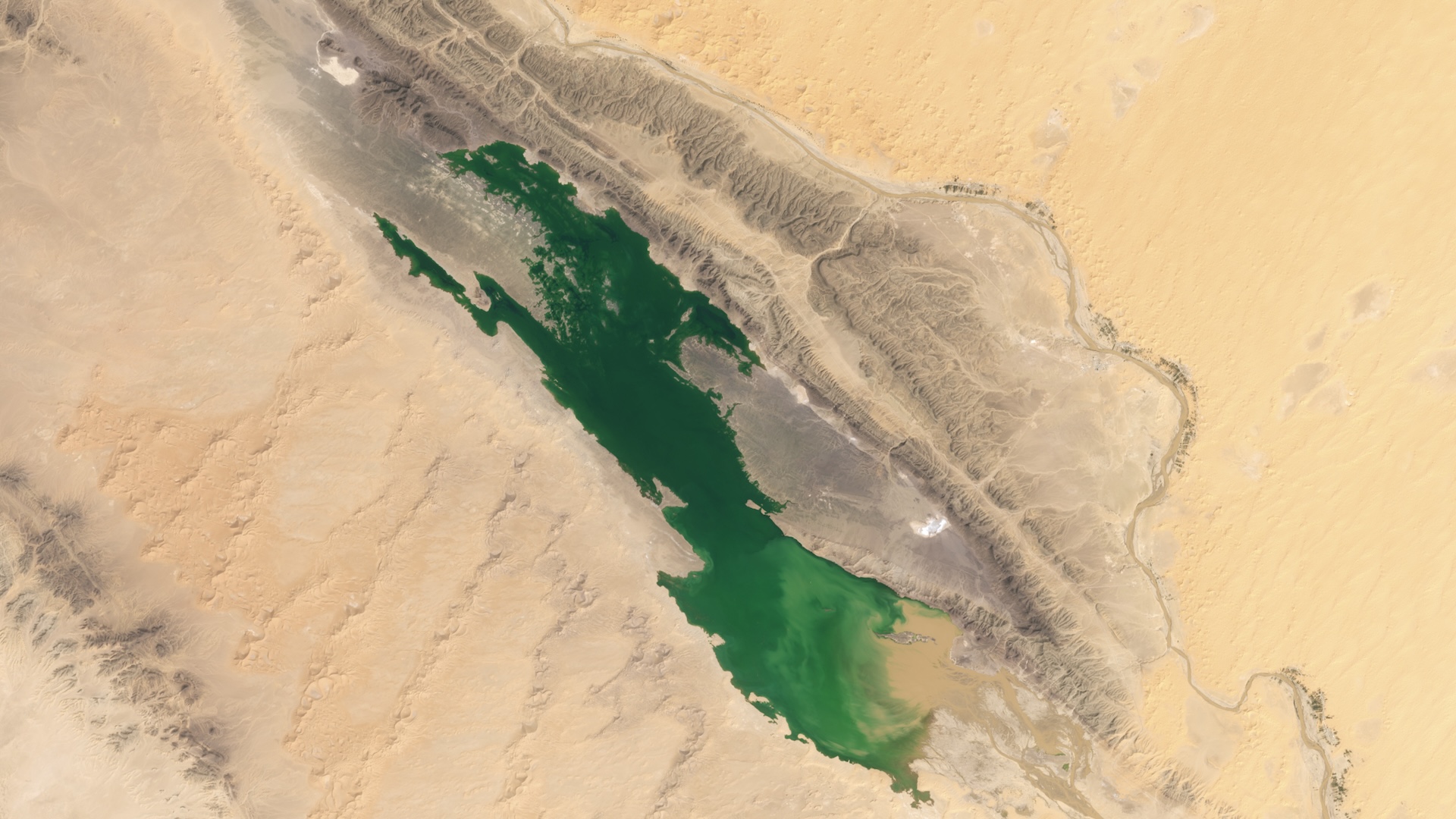
Before and after satellite images show lakes appearing across Sahara after deluge of rain soaks desert
By Hannah Osborne published
Lakes appearing in the Sahara desert captured in satellite images after a cyclone dumped a years' worth of rain on northern Africa in just a few days.
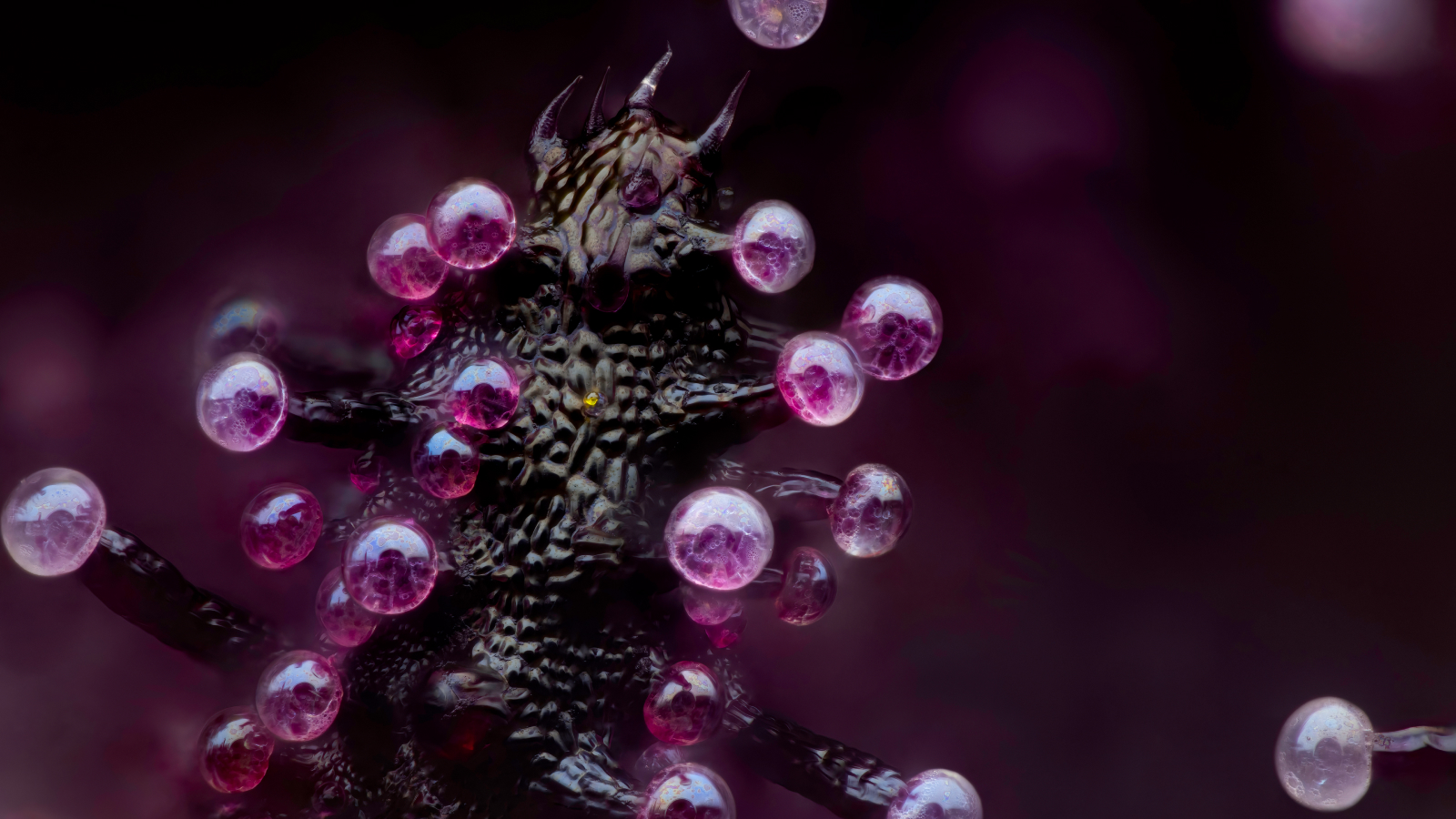
Mouse brains, cannabis plants and spider eyes: 20 jaw-dropping images of the microscopic world around us
By Hannah Osborne published
See the top 20 winning photographs from the 50th Nikon Small World Photomicrography Competition.
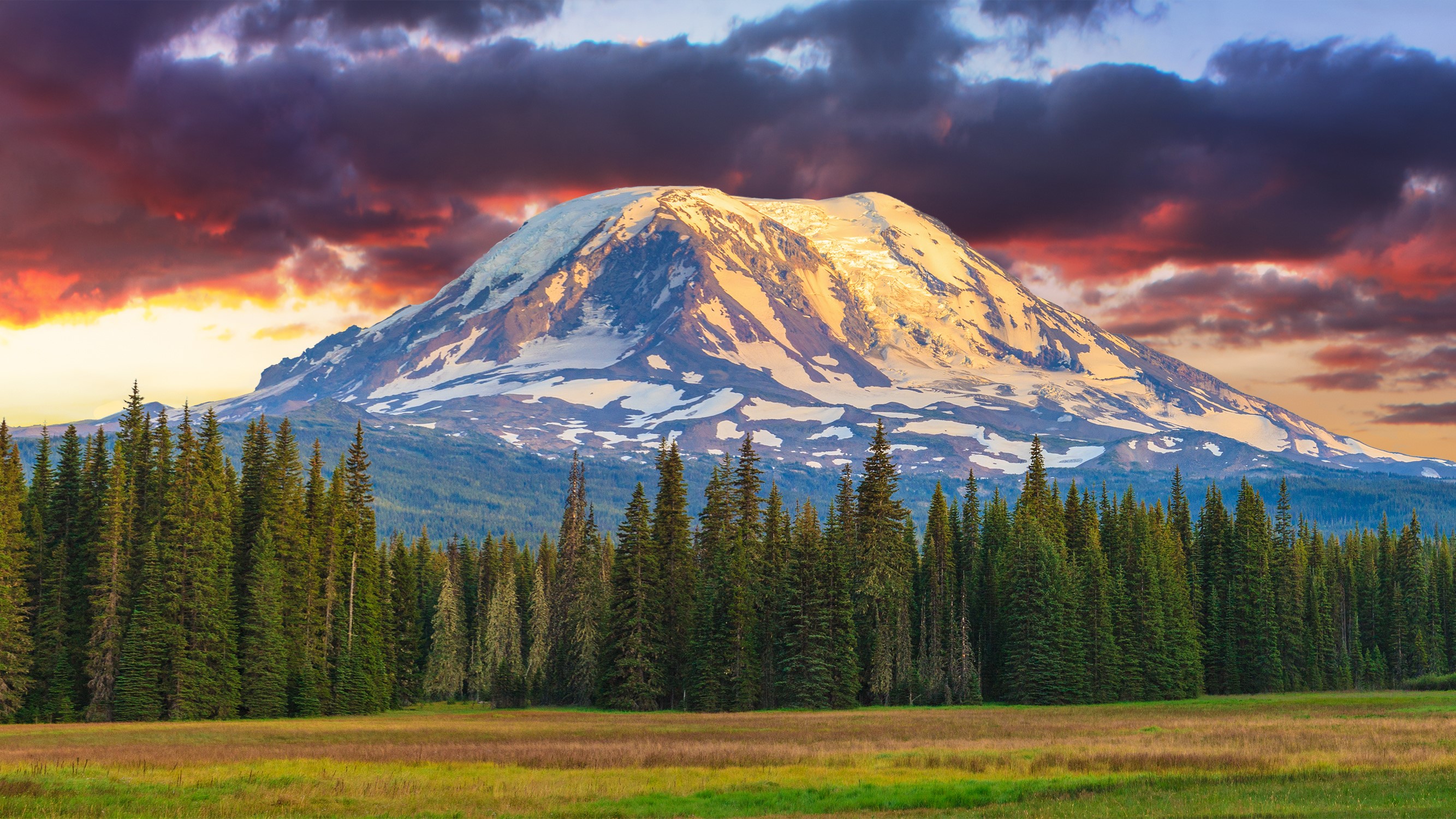
'Every volcano has its own personality': Mystery Mount Adams earthquake surge under investigation
By Hannah Osborne published
Scientists are installing multiple temporary seismic monitoring stations to get a better understanding of the sharp increase in earthquakes recorded at Mount Adams.
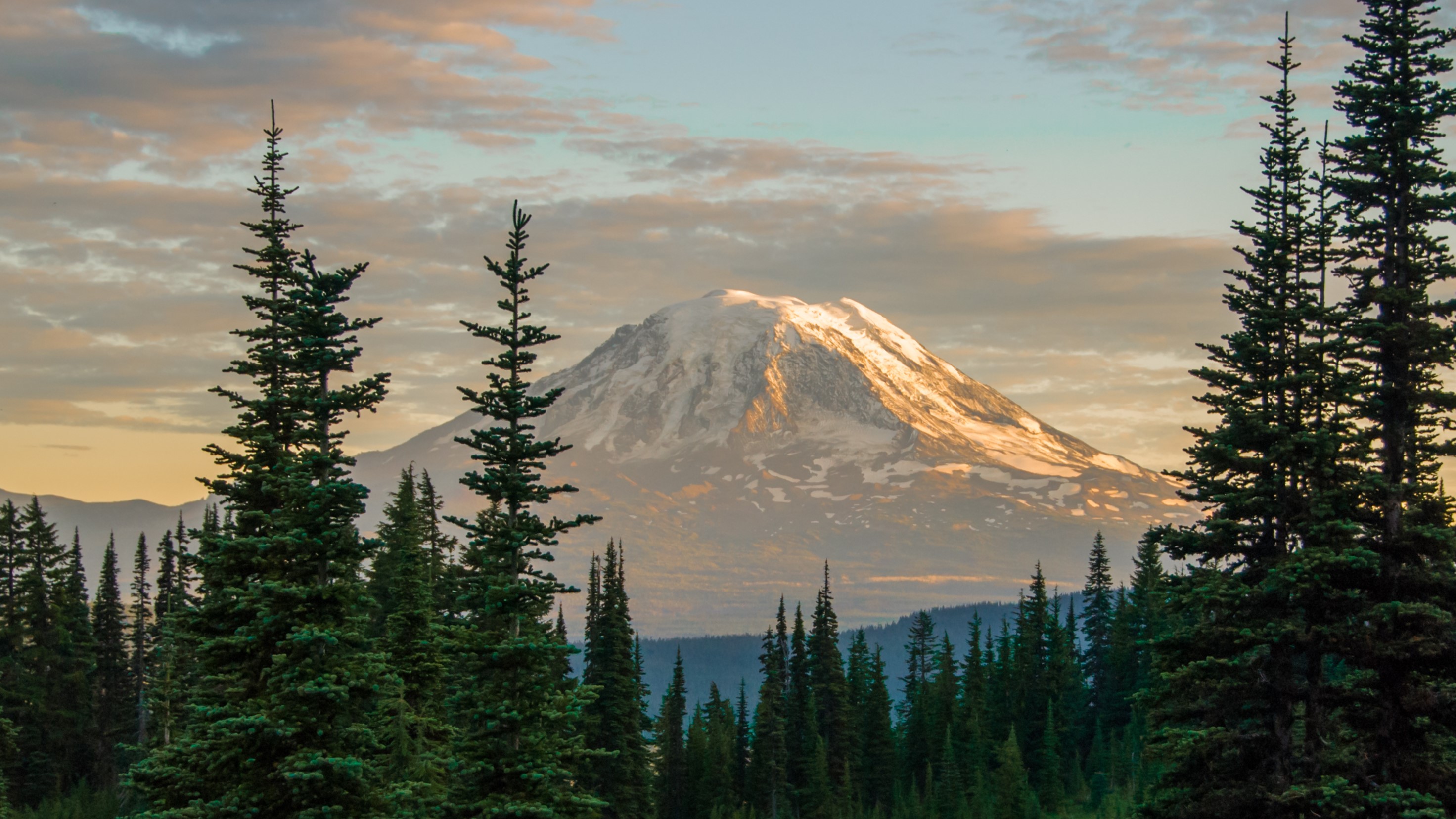
Record spike in earthquakes at Washington's 'high threat' volcano sends researchers scrambling for answers
By Hannah Osborne published
Six earthquakes were recorded at Mount Adams in September — the highest number in a single month since records began in 1982.
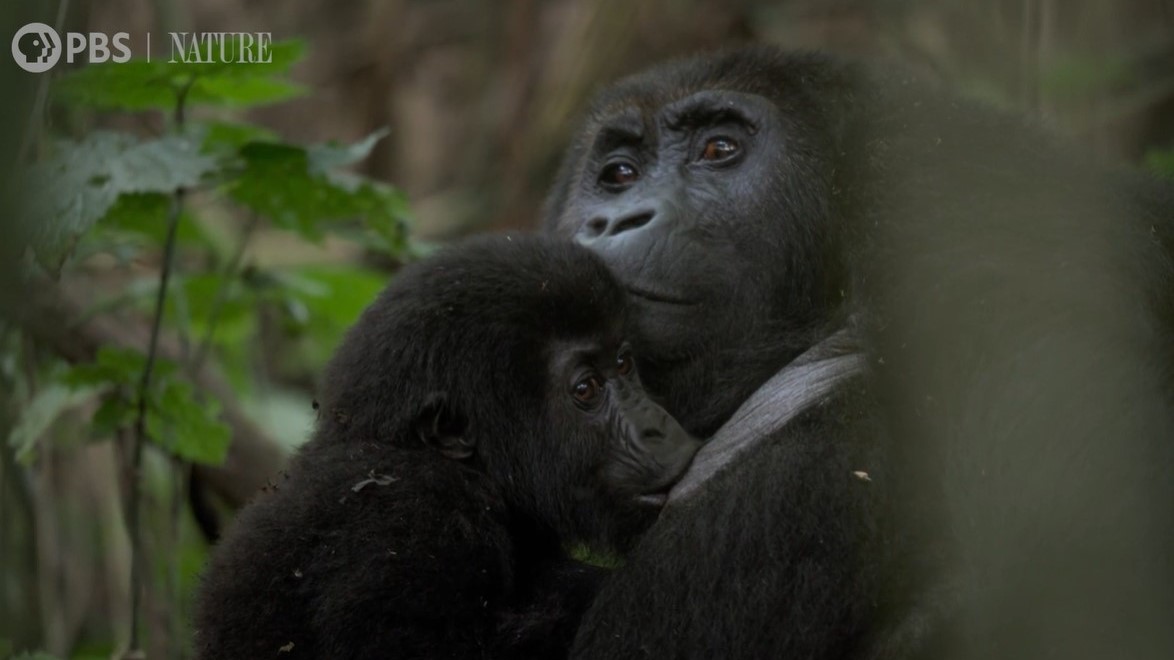
'The simplicity of life just hits you': Watch rare footage of critically endangered eastern lowland gorilla feeding her baby in the wild
By Hannah Osborne published
Filmmakers captured a mother eastern lowland gorilla nursing her infant for the PBS show "Silverback."

Mount Everest is taller than it should be — and a weird river may be to blame
By Hannah Osborne published
Mount Everest may be "taller than it should be" because of a river "capture" event 89,000 years ago.
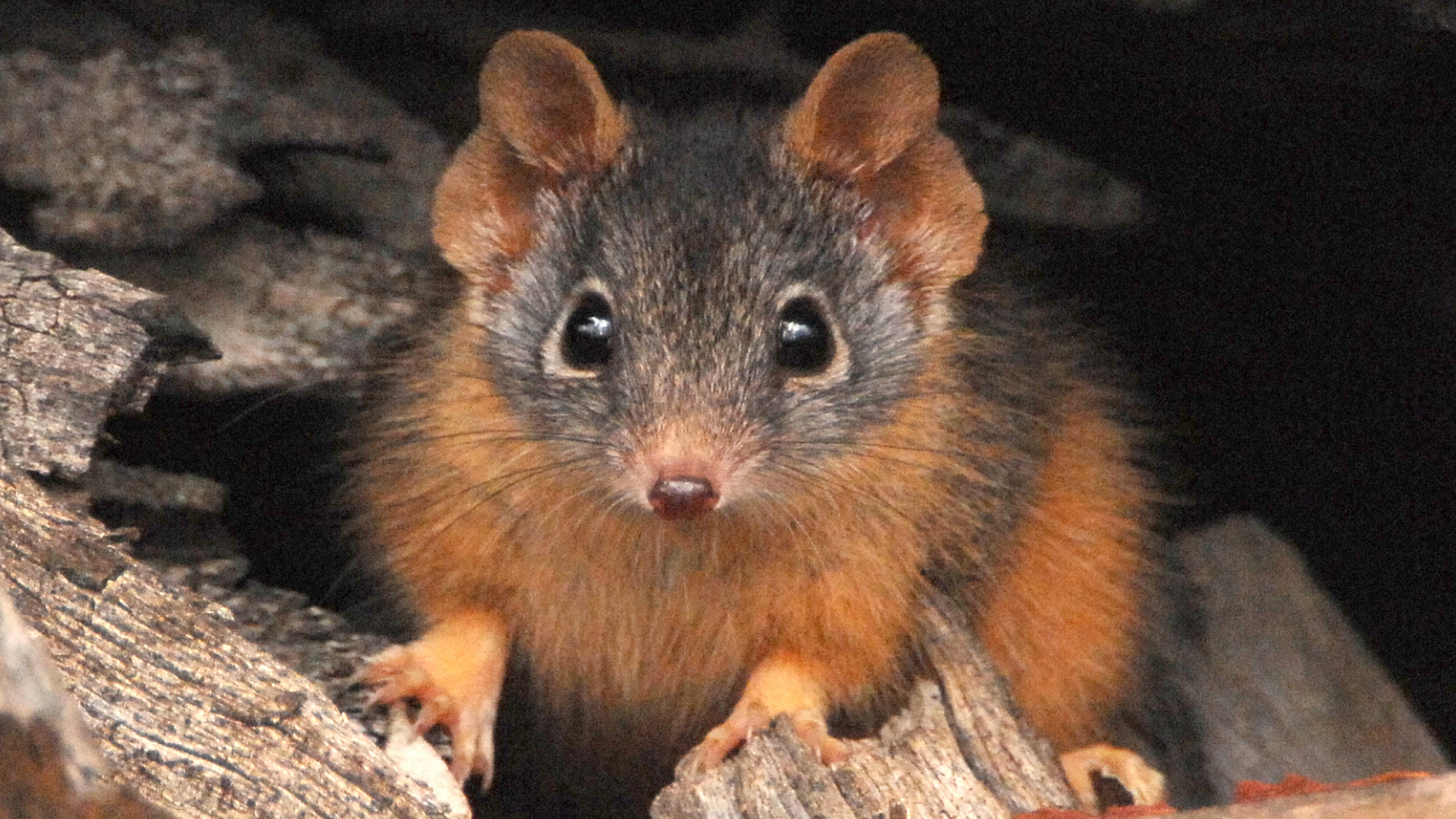
Antechinus: The tiny marsupials where males have sex until they die — then females eat their corpses
By Hannah Osborne published
All species in the antechinus genus have the same frenzied mating system, where males have sex until they die from organ failure, then the females gobble up their corpses.
Sign up for the Live Science daily newsletter now
Get the world’s most fascinating discoveries delivered straight to your inbox.
